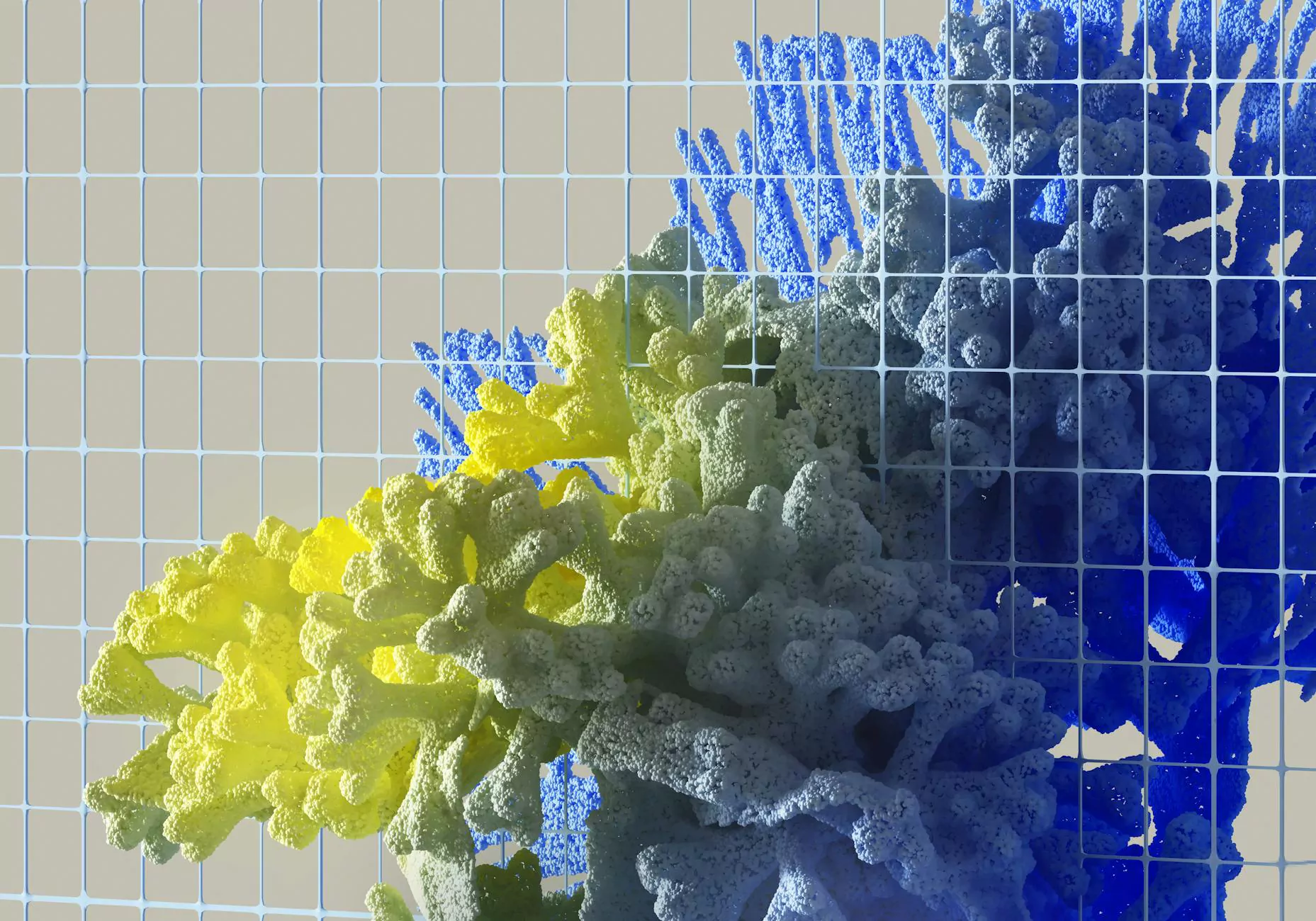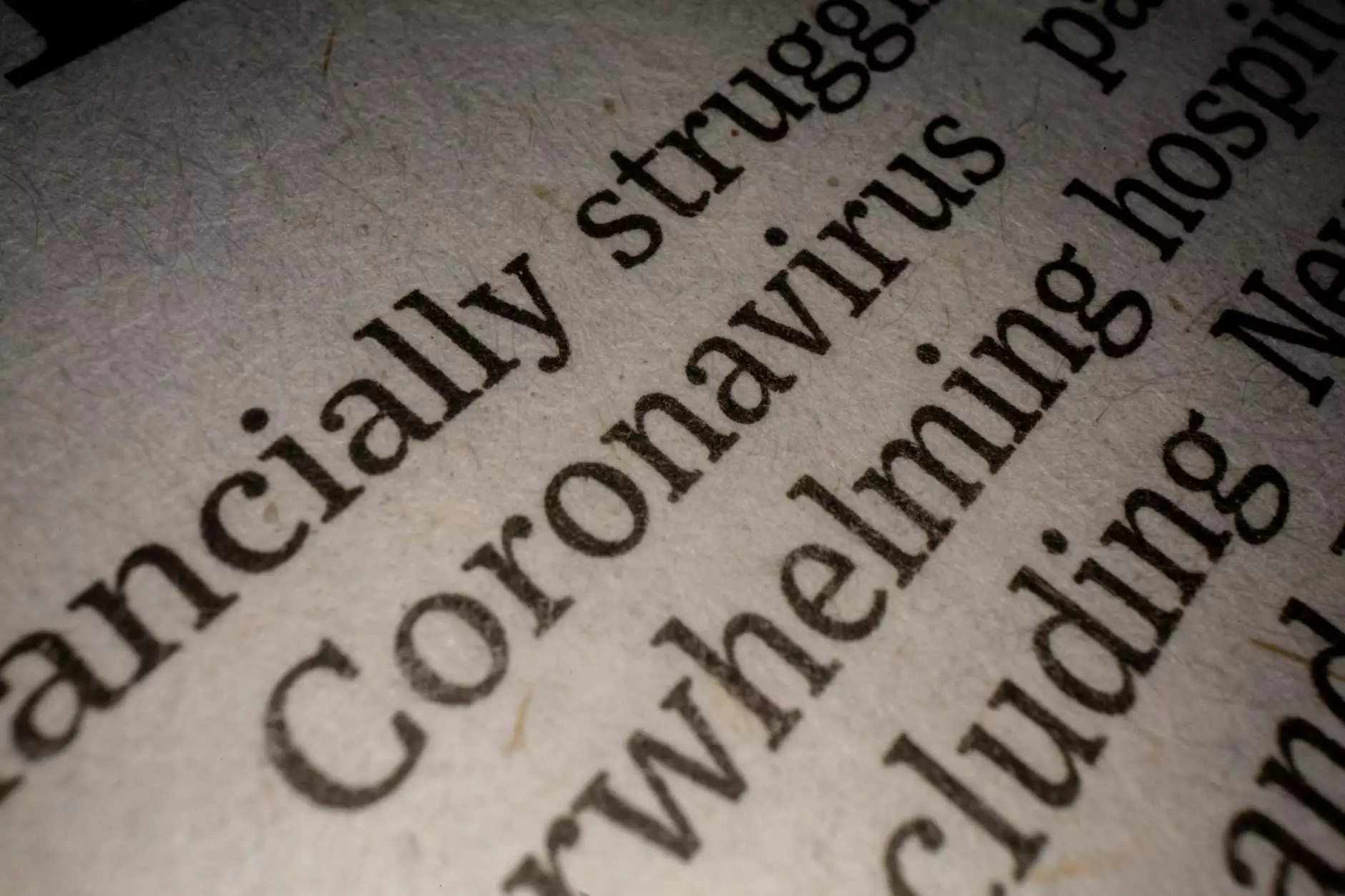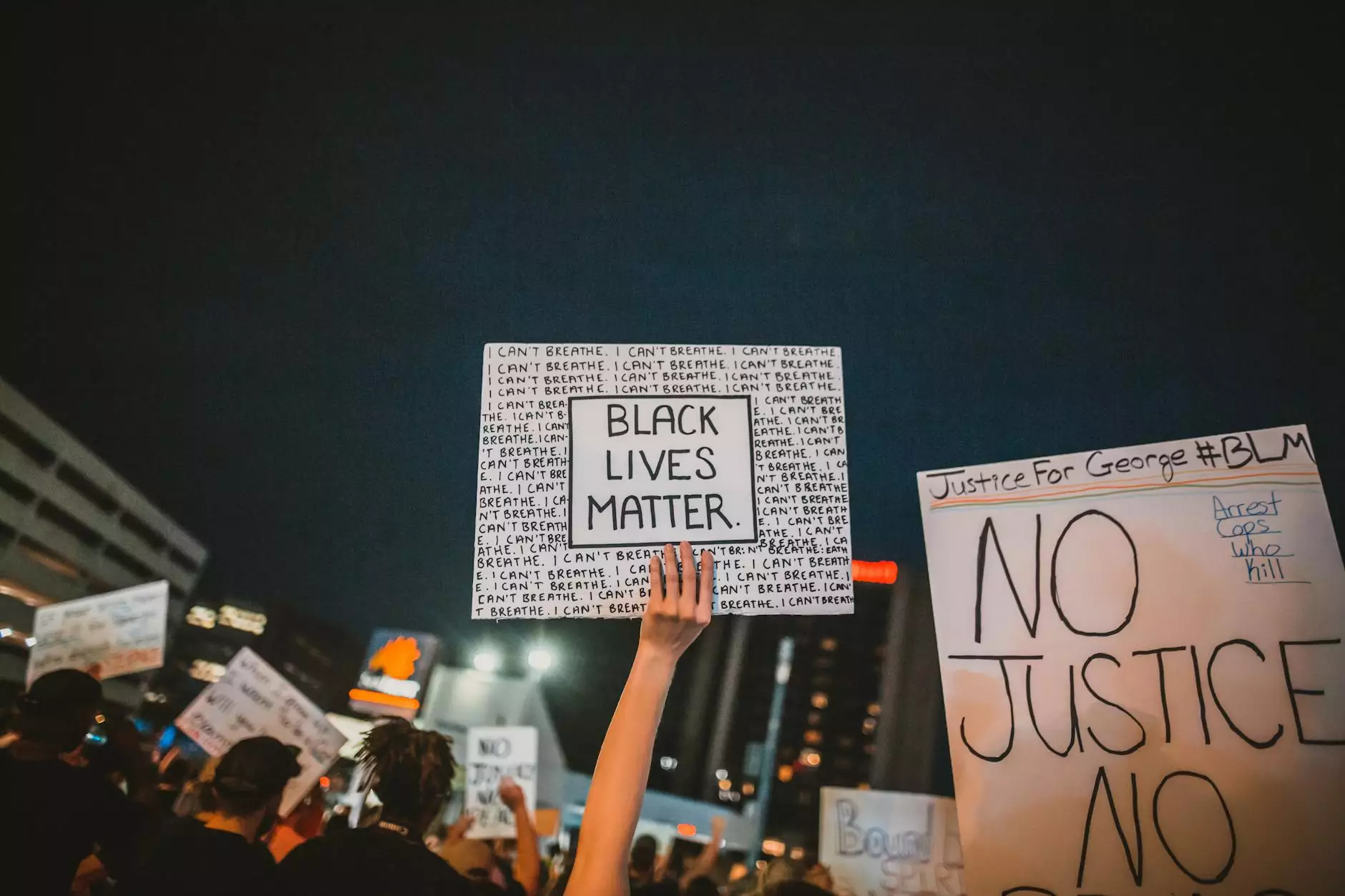Ethical Role of Police Subculture - Research Paper Example

Introduction
The ethical role of police subculture plays a vital role in shaping law enforcement practices and the overall functioning of society. This research paper delves into the intricacies of police subculture and its implications for maintaining ethical standards within the police force and influencing community interactions.
Understanding Police Subculture
Police subculture refers to the informal norms, values, and beliefs that develop within the law enforcement community. It forms an integral component of an officer's identity and significantly impacts their behavior, decision-making, and interactions with the public. By comprehending the complexities of police subculture, we can better analyze its ethical dimensions and effect on the larger society.
The Dynamics of Police Subculture
Police subculture is shaped by various factors, including the occupational socialization of officers, the influence of peer groups, and the organizational structure of law enforcement agencies. The subculture's norms often prioritize loyalty, solidarity, and a strong sense of brotherhood or sisterhood among officers. While these aspects promote cohesion within the police force, they can also lead to ethical dilemmas and challenges.
Ethical Challenges within Police Subculture
One of the key ethical challenges associated with police subculture is the potential for the development of a "code of silence" or the blue wall of silence. This code discourages officers from reporting misconduct or intervening in inappropriate behavior by their colleagues. It can hinder accountability, erode public trust, and undermine the principles of justice and fairness.
Another ethical concern tied to police subculture is the perception of an "us-versus-them" mentality. This can create a divide between law enforcement agencies and the communities they serve, resulting in strained relationships and an increased risk of bias or discrimination. Understanding and addressing these challenges are vital for fostering an ethos of accountability and professionalism within the police force.
Impacts on Law Enforcement Practices
The influence of police subculture extends to various aspects of law enforcement practices, including decision-making, use of force, and community relations. The subculture's norms and values can shape an officer's approach to enforcing laws, handling conflicts, and participating in discretionary practices. It is crucial to critically examine these influences to ensure they align with ethical standards and promote equitable policing.
Building Ethical Police Subcultures
Developing and promoting ethical police subcultures requires proactive measures from law enforcement agencies and individual officers. It starts with robust training programs that emphasize professional ethics, accountability, and the importance of respecting individual rights. Additionally, fostering a culture of open communication, rewarding ethical behavior, and encouraging community engagement can help shape a more accountable, transparent, and ethical police subculture.
Conclusion
The ethical role of police subculture is a subject of critical importance that demands attention from researchers, law enforcement agencies, policymakers, and society as a whole. By understanding its nuances and impacts, we can strive to create a police subculture that upholds the principles of justice, fairness, and public trust. Examining the ethical dimensions of police subculture is crucial for building a safer, more harmonious community where law enforcement professionals carry out their duties with integrity and respect for all.










